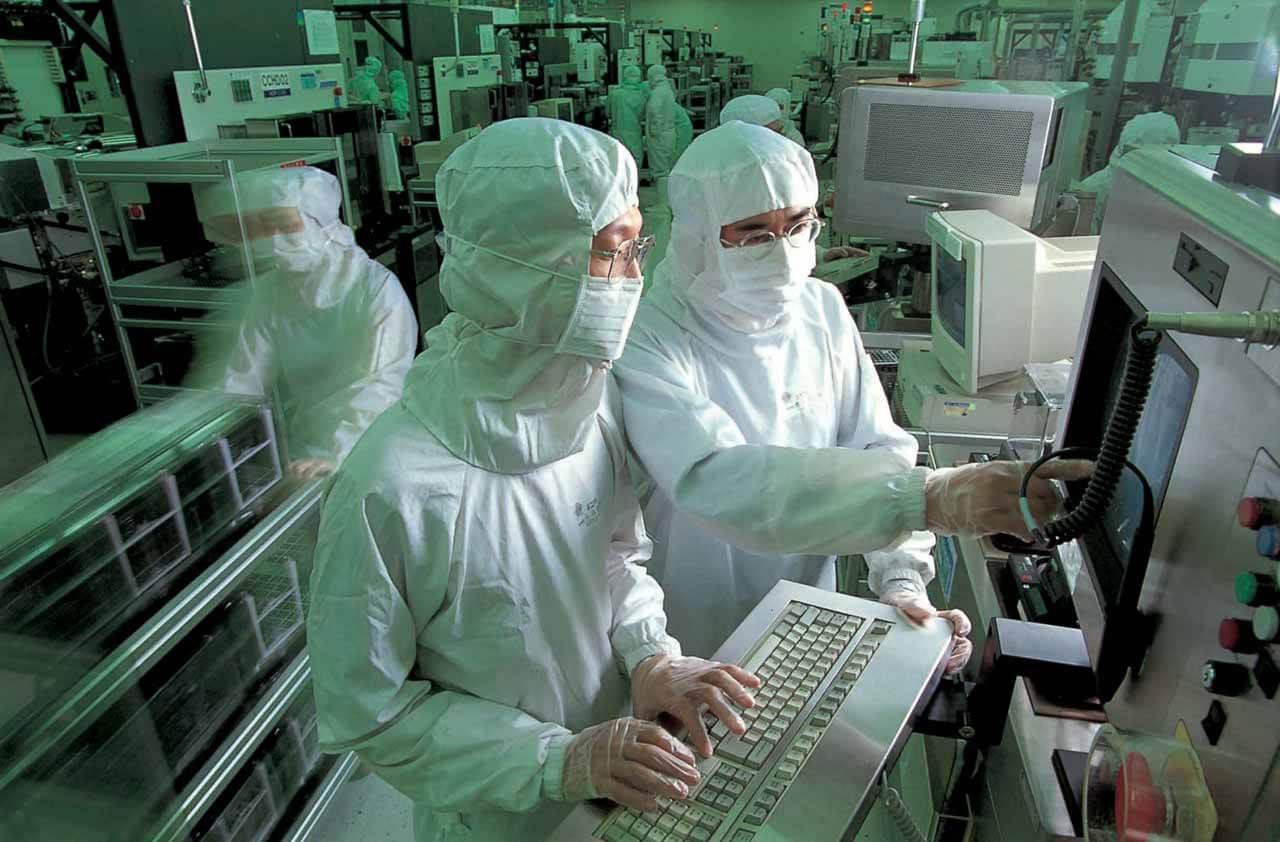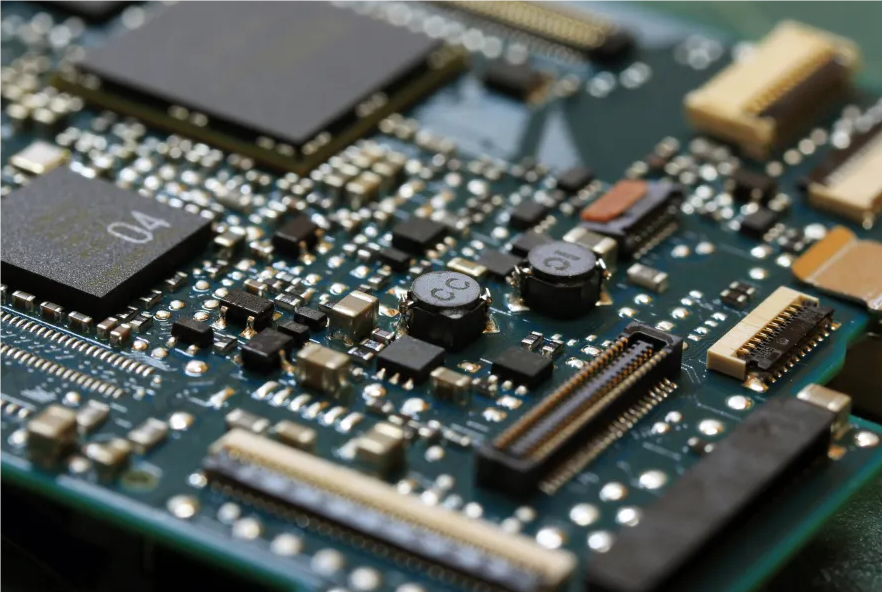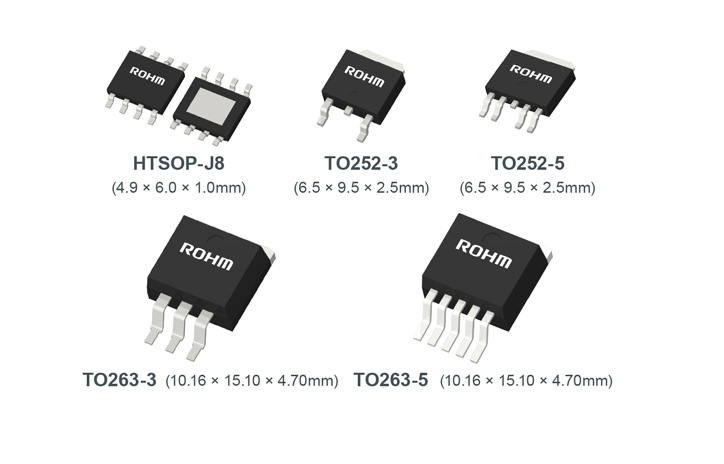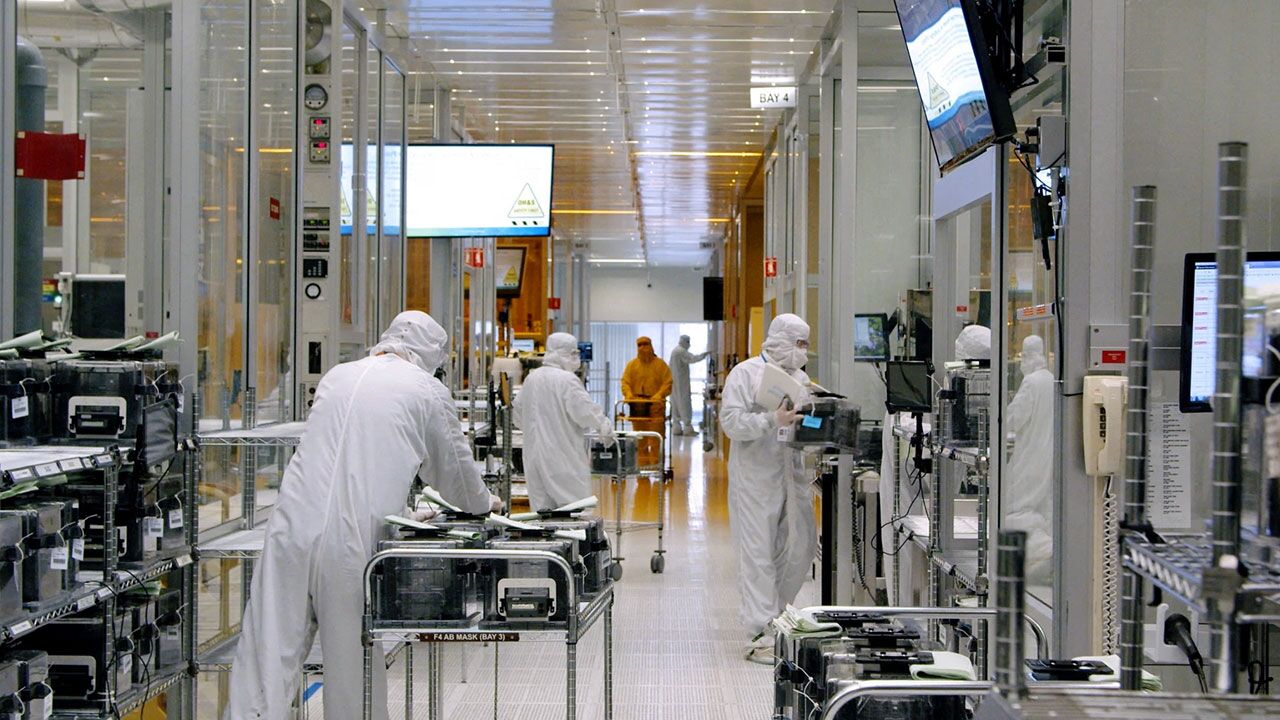According to reports, due to the impact of the COVID-19 epidemic, the resumption of work in many factories in China has been delayed. In this regard, the semiconductor industry is worried that the delay in resuming work will have a great impact on semiconductor industry chain.
According to information obtained by SemiMedia, semiconductor-related factories in China including foundry, packaging and test, and IDM have gradually resumed work from February 10, and the production capacity has continued to increase over time.
In the wafer foundry industry, as of the date of publication, SMIC, the largest wafer foundry in mainland China, has achieved more than 90% of its manpower return to work and production line has achieved 100% operation. As for the world's largest wafer foundry, TSMC's factory in mainland China has also resumed work on February 10. Although no corresponding production capacity information was announced, TSMC said that it has not received much impact.
In the field of semiconductor packaging and test, the resumption of work and recovery of production capacity is also optimistic. According to information released by Amkor, one of the world's largest IC packaging and test service providers, Amkor Shanghai's production capacity has now recovered to 100%, and all orders worldwide have not been delayed. In addition, JCET, China's largest packaging and test service provider, said that the current manpower has recovered to 80% and the capacity has recovered to 85%. However, in comparison, the packaging and test factory is more affected than the foundry because it requires more labor than the foundry. Insiders said that since the outbreak, some customers have transferred their orders to the Taiwan packaging and test plant, but believe that orders will return after the mainland China factory resumes production capacity, after all, Taiwan's capacity is limited. Overall, the epidemic did affect the packaging and test industry, but has gradually recovered and is not expected to have a long-term impact.
In terms of IDM (integrated device manufacturer), Micron said that its memory chip production plant in Xi'an, Shanxi, China has resumed smoothly, and its production capacity has restored to 80%.
According to the current situation in China, there will be no long-term impact on the supply of semiconductors. However, the outbreaks in Japan and South Korea have recently become worrying. An industry insider said that Japan and South Korea have a large number of semiconductor manufacturers. In terms of DRAM, Samsung and SK Hynix together account for nearly 75% of the global market; in terms of Flash, Samsung, SK Hynix and Kioxia account for about 64% of the global market; for sensors, Samsung, Sony and SK Hynix are the main manufacturers of CIS. In addition to semiconductors, Japan and South Korea are also important exporters of passive electronic components. Therefore, if the epidemic is not effectively controlled as soon as possible, it may directly affect the supply of memory chips, sensors and passive components.












All Comments (0)